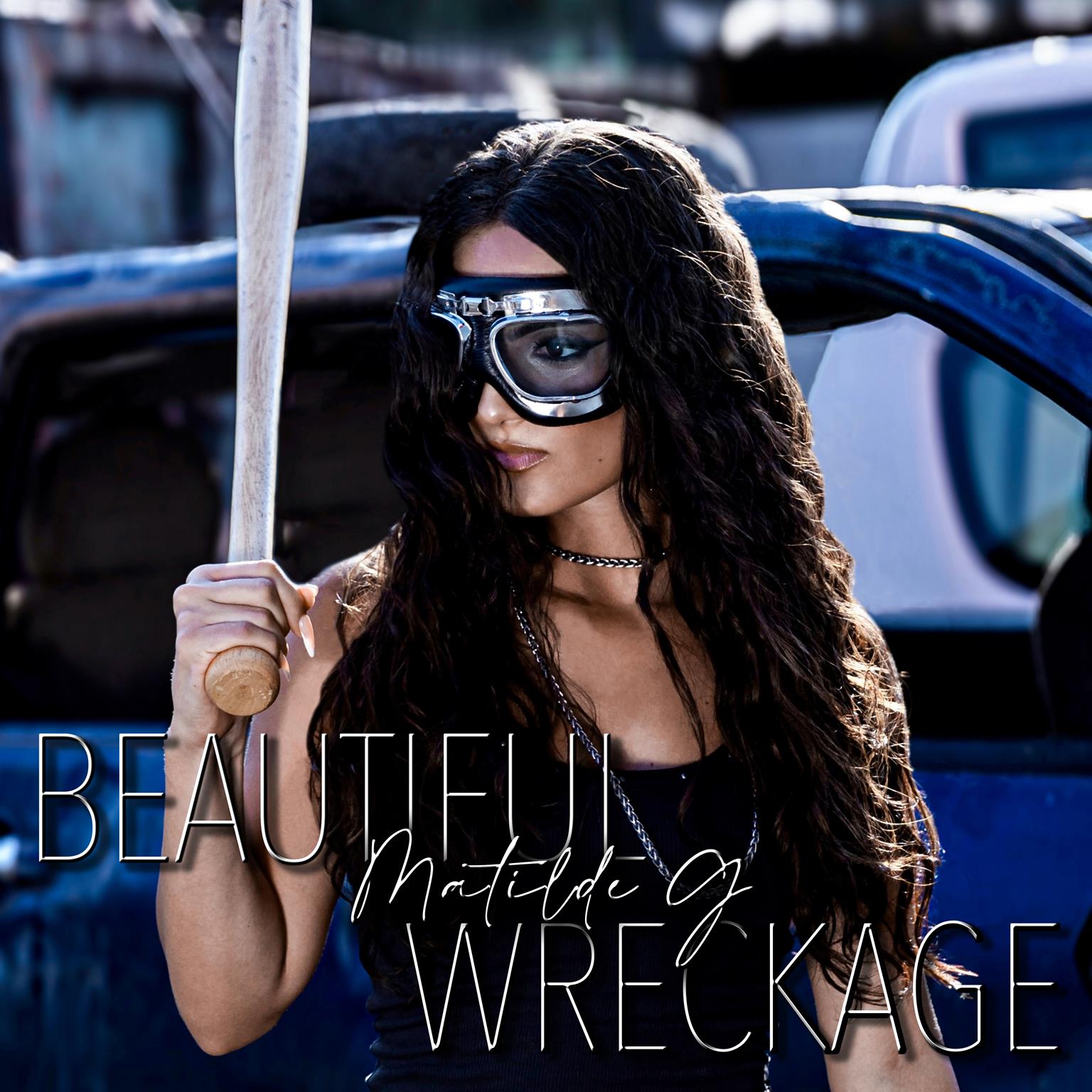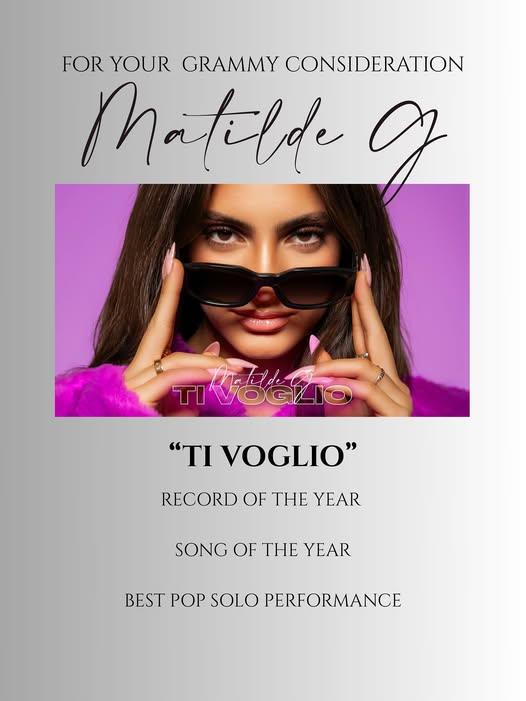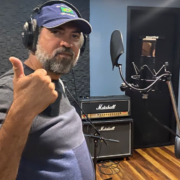Singapore-based Italian singer Matilde G takes a decisive leap forward in her career with the release of “Beautiful Wreckage,” her first fully rock-focused album. The album, which will be presented at a special event on October 25th at the prestigious NRG Recording Studios in Los Angeles, represents an artistic and emotional turning point in the artist’s career. Written between Los Angeles, Stockholm, and Italy, the album reveals a new creative maturity, with Matilde assuming the role of co-producer for the first time, cementing herself not only as a distinctive voice but also as the mastermind behind her sound.
“Beautiful Wreckage” sounds like a blend between destruction and rebirth. When you look at this album, what part of your own “wreckage” turned into art?
Honestly, all of it. The heartbreaks, the anxiety, the moments I thought I’d completely lost control, they all became colors I could finally paint with. “Beautiful Wreckage” is me learning to turn chaos into something loud and alive. I stopped trying to fix the cracks and started filling them with distortion and truth. That’s where the magic came from.
You mentioned that pop felt “too polished” for the stories you wanted to tell. What was the moment you realized that rock was the only language capable of expressing what you truly felt?
I’ve always wanted to do rock, I just didn’t have the guts until I grew into it. The more I played live with bands, the more I craved that raw energy, that scream-from-your-gut feeling. Pop started to feel like putting glitter on an open wound. And right now, in a world full of filters, algorithms, and AI songs, rock feels like rebellion. It’s real. It bleeds. And that’s what I needed to say my truth.

Each track seems to explore an extreme emotion anger, vulnerability, desire, self-discovery. If you had to pick one song as a mirror of who you are today, which one would it be and why?
“Shut the F** Up” was the first real rock song I ever wrote, and it still defines me. It’s not just about telling people off — it’s about freeing yourself from all the noise. Expectations, opinions, industry rules, everything. Making a full rock album is risky; I know I might lose some fans. But I’d rather be misunderstood for being real than loved for being fake. I had too much to say to keep quiet. So yeah, that song lit the fuse.
In “Beautiful Wreckage,” you’re not just the voice, you’re also the co-producer. How did taking that creative control change the way you see yourself as an artist?
It changed everything. For the first time, I was building the whole world myself. From writing to production to visuals, I wanted it all to feel connected and authentic. Taking control showed me that I’m not just a performer. I’m a creator, a storyteller, a director of emotion. It’s scary and powerful at the same time and I don’t think I could ever go back.

The music videos filmed in Italy bring you back to your roots. What kind of personal reconciliation or rediscovery took place during that process?
Italy will always be home, even when I’m living across the world. Shooting there felt like reconnecting with the fire that made me want to do this in the first place. I’ve got this crazy talented crew in Sicily, led by my friend Daniel Collins, and we push each other to make something cinematic, emotional, and bold. Italian creativity is unmatched 🙂
You’ve built an impressive international career, with fans across Asia, America, and Europe. What surprises you the most about seeing people from such different cultures connect to your music?
It blows my mind every single time. Music really doesn’t care about borders or languages, it’s all about emotion. I’ll see fans in Mexico scream lyrics I wrote in my bedroom in Singapore, or messages from the Philippines saying my songs helped them through dark times. That connection feels almost sacred. It reminds me that what I do actually matters to someone out there.

The album deals with chaos, vulnerability, and authenticity, themes that deeply resonate with your generation. Do you see this “beautiful chaos” as a form of resistance against the superficiality that often dominates modern pop culture?
Hell yes. I think we’re all tired of pretending everything’s perfect. My generation grew up online, we know what’s fake. So being vulnerable, being messy, being real, that’s our form of rebellion. “Beautiful Wreckage” is me saying: it’s okay to be a disaster, as long as it’s honest. There’s nothing stronger than showing your scars and still standing tall.
You recently said: “No more sweet girl. I want to be real. I’m not a content creator, I’m a f*ing artist.” What does being “real” mean to you today — as a woman, as a singer, and as a human being?
Being real means not asking for permission anymore. I’m done shrinking to fit into boxes people create for me, the “cute girl,” the “safe pop act.” I’m not that. I’m emotional, impulsive, passionate, imperfect, and that’s exactly what makes me an artist. I don’t wake up thinking about algorithms; I wake up thinking about sound, feelings, connection. That’s what “real” means to me.
Matilde, to wrap up, we recently learned that you’ve been included in this year’s Grammy consideration process for your work on the single “Ti Voglio.” What are your expectations for this possible nomination, and how did it feel to receive the news of being in the running for a Grammy?
It felt surreal. Like, I literally screamed when I found out. But honestly? I’m not putting pressure on it. Being part of the process already feels like a huge step, and I’m grateful. No expectations for now, but huge dreams for the future. This is just the beginning of something way bigger.
Follow Matilde G on Instagram





